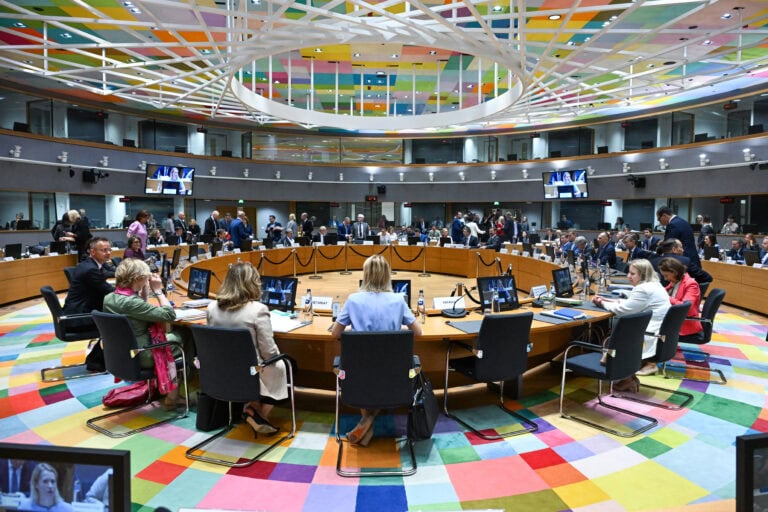The Missing Link: How Civil Society Drives Inclusive Development
In my previous post, I explored how the 2024 Nobel laureates emphasised the importance of institutions in shaping development outcomes. But institutions don’t operate in isolation—they are influenced and often strengthened by the participation of civil society. What role does civil society play in ensuring governance is inclusive, accountable, and resilient?
Why Civil Society Organisations
Civil Society Organisations (CSOs) bridge the gap between communities and institutions, ensuring that development policies and practices reflect the needs of the people they serve. While the Nobel laureates focused on the importance of institutions, their broader work hints at the role of civil society in:
- Strengthening accountability mechanisms.
- Promoting inclusive decision-making.
- Advocating for equitable resource distribution.
Case Studies: Civil Society in Action
Botswana: Blending Old and New
Botswana’s integration of the traditional kgotla system into modern governance illustrates the power of civil society to foster inclusion and accountability. Kgotla is a traditional public assembly system used in Botswana, where community members gather to discuss and resolve issues democratically. This system incorporates inclusive decision-making principles, involving elders, leaders, and community members, promoting transparency and accountability that align with modern governance values. Chiefs’ councils provided checks on government power, trade unions ensured fair diamond revenue distribution, and women’s movements like Emang Basadi shaped equality laws.
Cabo Verde: Building from the Ground Up
Cabo Verde’s graduation from LDC status in 2007 demonstrates how grassroots organisations build institutional resilience and foster sustainable development:
- Labour unions influenced economic policies, ensuring fair treatment for workers while fostering inclusive economic growth.
- Women’s groups successfully advocated for family law reforms, enhancing gender equality and social stability.
- Community-based organisations managed critical resources like water, providing equitable access and reinforcing trust in governance systems.
These civil society efforts, in collaboration with strong institutions, have established Cabo Verde as a model of how participatory governance and local accountability can drive long-term success.
Why Civil Society Matters for Institutional Resilience
Research shows – see for example the references below – that CSOs enhance governance by:
- Ensuring Accountability: In countries like Tanzania and South Africa, CSOs monitor public spending and promote transparency in government operations (World Bank).
- Embedding Inclusivity: By advocating for marginalised groups, CSOs create governance systems that are more representative of societal needs, ensuring institutions serve the many rather than the few (Cambridge Core).
- Fostering Resilience: CSOs adapt to shifting political and social environments, ensuring that governance systems remain stable and responsive even in times of crisis (World Bank).
Balancing Infrastructure, Institutions, and Civil Society
To achieve sustainable development, infrastructure investments must align with strong institutions and vibrant civil society. This requires:
- Engaging Civil Society Early: Involve CSOs in planning and implementation to ensure projects address community needs.
- Strengthening Institutional Resilience: Invest in governance reforms that enable inclusive decision-making.
- Integrating Civil Society’s Role into Policy: Recognise CSOs as partners in building equitable and sustainable development.
A Call to Action
As DG INTPA and Team Europe consider their pivot towards infrastructure, it must not overlook what the 2024 Nobel Laureates have taught us about the importance of institutions, nor the critical role of civil society in shaping them. Recent developments at EU level are deeply concerning: a new Guidance Note from the European Commission restricts NGOs from carrying out advocacy activities with EU funding, and frames them as a potential ‘reputational risk.’ This silencing of civil society threatens to undermine initiatives like the Global Gateway, where CSO voices are essential to ensure projects address community needs and deliver inclusive, sustainable development. Development isn’t just about building things—it’s about building societies that are inclusive, resilient, and sustainable. Civil society is an essential part of that equation.
References
- World Bank Document on CSO participation in accountability and governance
- Cambridge Core on civil society’s role in democratically accountable governance
Photo credit: Floris Faber



